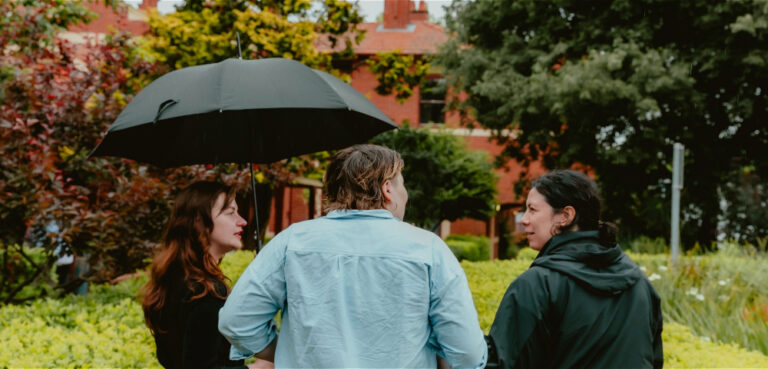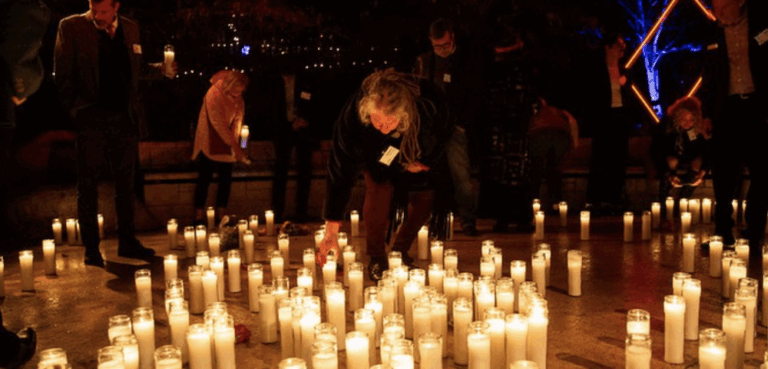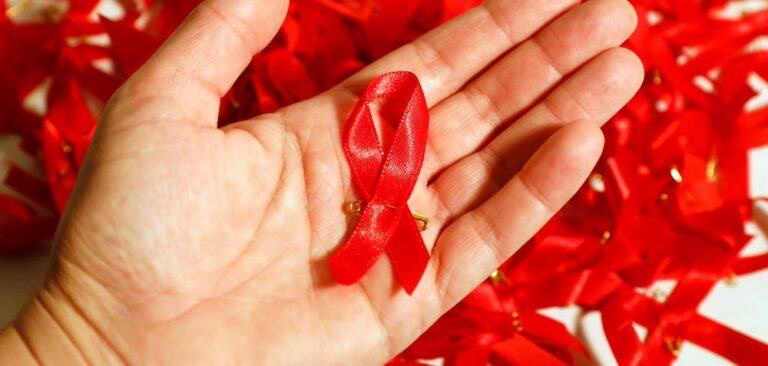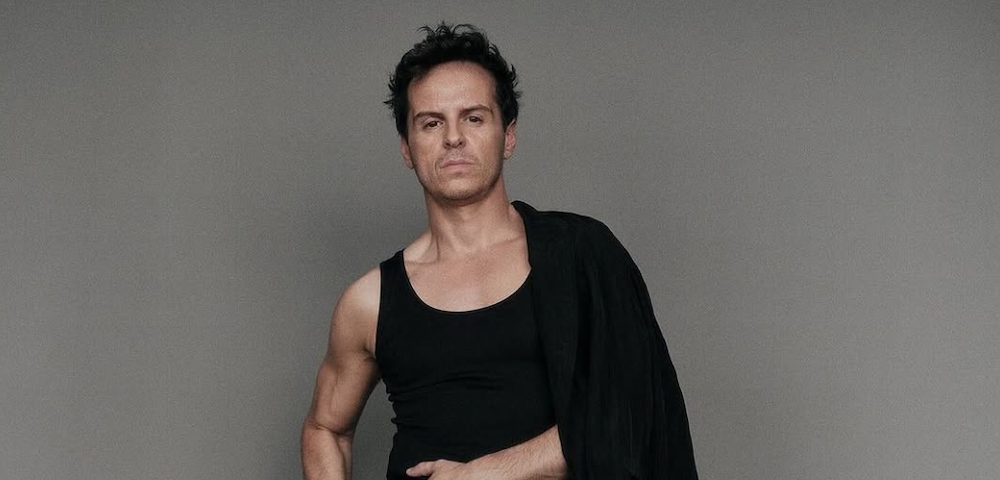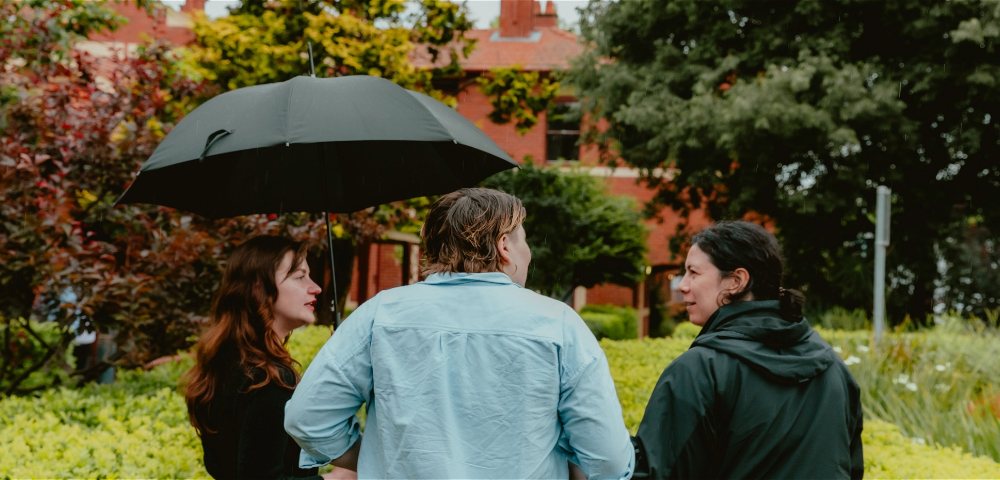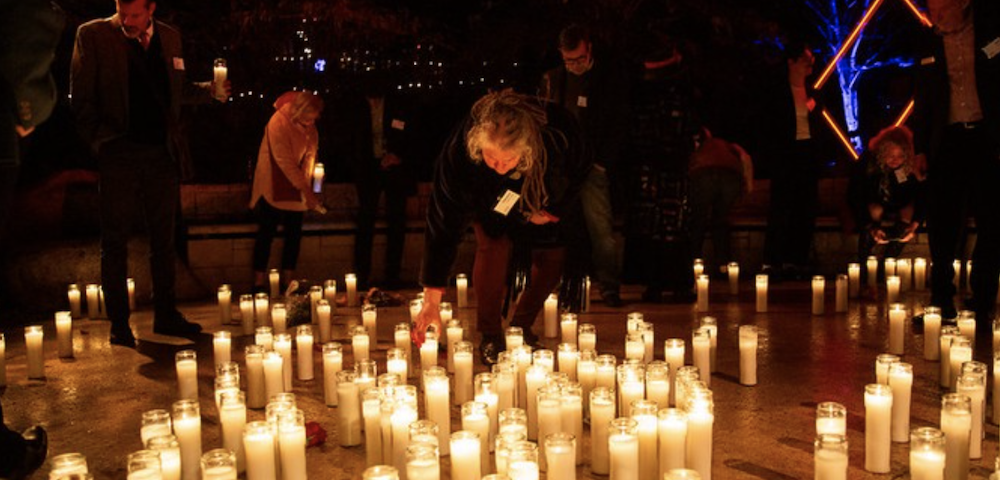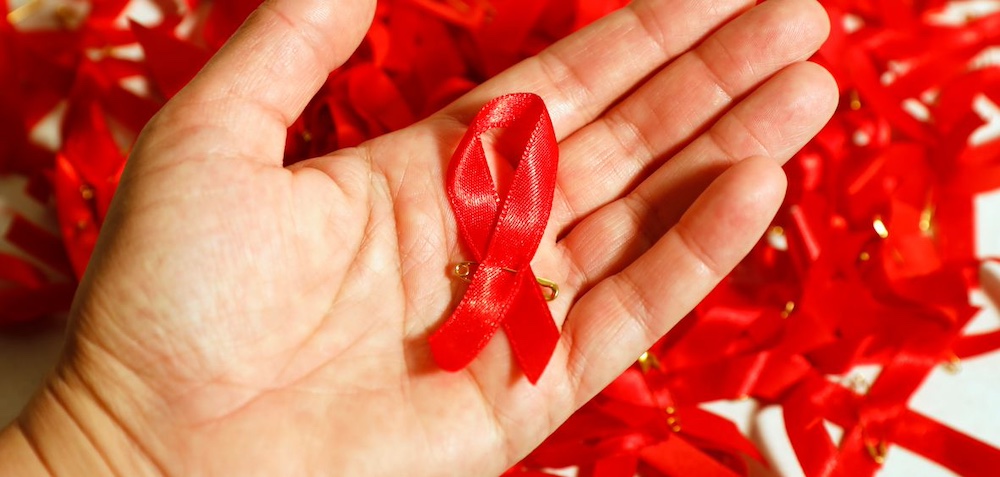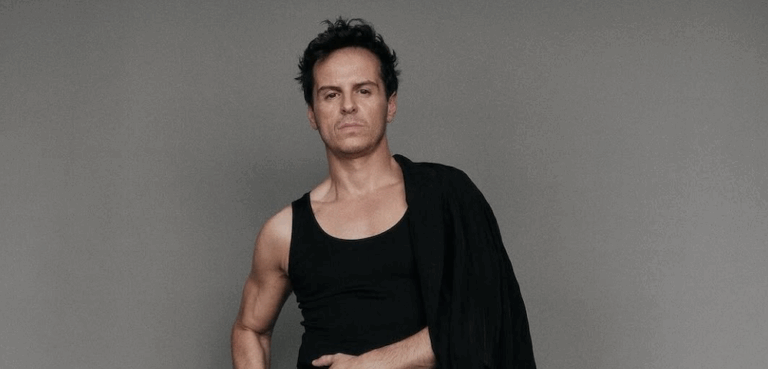
Religious service reflects on World AIDS Day
MELBOURNE’S St Paul’s Cathedral will open its doors to people of all denominations for a special World AIDS Day ecumenical service on Sunday.
Andreas Leowe, the Dean of Anglican cathedral, will deliver the morning sermon and he spoke to the Star Observer about why they felt it was an important event to host.
“Anglicans live with HIV. That’s the most basic reason, and Anglicans also do a lot of work with overseas HIV communities,” said Leowe, describing work the church does in the Solomon Islands and Kenya.
“There’s a fortunate combination this year in that World AIDS Day falls on a Sunday, which helps us put on a much larger celebration than we usually do,” he added.
“The second factor is we’re really proud that next year Melbourne will be hosting the biennial AIDS conference, and that then also made us think, this may be in effect something we can use to point to 2014 and also build awareness within the local churches.”
Melbourne’s Anglican diocese has in recent years engaged in the WAD SERVICE: Dean Andreas Leowe of Melbourne’s St Paul’s Cathedral
public debate about the role of gay people in the church, and while there continued to be disagreement, it was generally considered to be progressive when compared to other Anglican communities.
Leowe acknowledged the apprehension HIV-positive men in the gay community might have coming to a religious event, but hoped the service would be a chance to build relationships.
“I do hope that the HIV positive community will be reassured that when we say St Paul’s Cathedral is the home church for Anglicans in Melbourne, it’s also their home church if they identify as Anglicans, or even if they just look to it as a place of prayer,” he said.
Living Positive Victoria’s Daniel Brace said the service would help start conversations about HIV outside of the LGBTI community.
“I think what this does is enables a conversation about HIV in communities that aren’t connected to that response, and to that historical response as well, so newly-arrived communities, or communities that aren’t centred around our experience of HIV and AIDS,” he said.
He also acknowledged the role faith played in the lives of many HIV-positive people: “People who live with HIV come from all different walks of life and also have different beliefs. There are people living with HIV who rely on their faith as a way to get strength and support themselves.”

